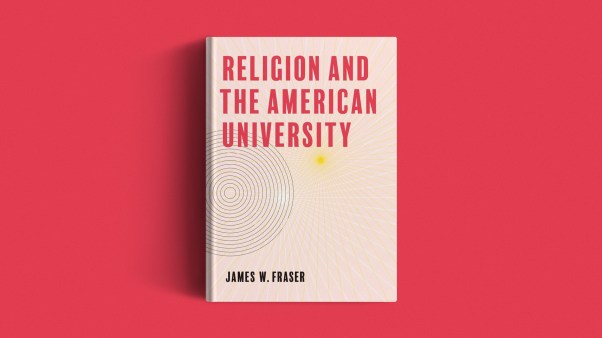
The Crucifixion: Understanding the Death of Jesus Christ
Fleming Rutledge (Eerdmans)
“Fleming Rutledge has always had a reputation for bold, relentlessly scriptural, and Cross-centered preaching. In this book, the work of a lifetime, she pulls back the lid on the deep well of exegetical, theological, and spiritual reflection that has nourished her ministry. If previous generations of evangelicals looked to John Stott’s The Cross of Christ as their definitive work on Christ’s atoning work, I predict future generations of evangelicals will return again and again, in the same way, to The Crucifixion. This book is a classic in the making, one that will go on nurturing gospel-rich preaching for decades to come.” —Wesley Hill, assistant professor of biblical studies, Trinity School for Ministry
“The Crucifixion is restorative. It restores the centrality of the Cross of Christ to everything in the world. Rutledge provides a robust and winsome attempt at a cruciform understanding of evil. She magnifies the excruciating first-century realities behind ‘suffered under Pontus Pilate’ and relates them to the present-day realities of moral evil, massive tragedies, and global suffering. The book demonstrates that Christ’s death and descent into hell powerfully and sufficiently addresses both the longings and atrocities of our fallen world.” —Eric Redmond, assistant professor, Moody Bible Institute
“The Cross of Jesus Christ is the confounding heart of ‘beautiful orthodoxy’—confounding because, as Rutledge shows so powerfully, crucifixion itself is so ugly we cannot truly bear it. And yet, as she builds her case for the unique significance of Jesus’ death, insisting that we take into account the full breadth of biblical images and metaphors that interpret it, the full scope of our lostness and God’s goodness comes into view. Among this book’s many great gifts is its insistence on the power of Sin (which Rutledge capitalizes) in everything from individual lives to whole societies—and thus on the singular power of God, who alone can secure our rescue. This is a magnificent summary of a life’s work preaching the radical gospel of grace, and it deserves to shape the church’s proclamation for generations to come.” —Andy Crouch, CT executive editor, author of Strong and Weak
(CT editor Mark Galli interviewed Fleming Rutledge in the March 2016 issue.)
Award of Merit

You Are What You Love: The Spiritual Power of Habit
James K. A. Smith (Brazos)
“Anyone who has ever failed to keep a New Year’s resolution will accept the thesis of You Are What You Love: Human beings don’t do what we know we ought to do; instead, we do what, deep down, we want to do. Smith convinced me that the key to discipleship is not changing how people think, but changing what people love. The good news is, this doesn’t happen in the abstract, but through profoundly concrete acts of worship and service. This book casts a compelling vision and charts a tangible path for faithful discipleship in the modern world.” —Brandon O’Brien, co-author of Misreading Scripture with Western Eyes
“By understanding worship not merely as church attendance, but as love, devotion, and attention, Smith enables readers to see their true loves—their true objects of worship—in a new light.” —Jenell Williams Paris, professor of anthropology, Messiah College
“Twenty years from now, we will still be referencing You Are What You Love. Smith takes apart both the overly cerebral view of spirituality and the overly emotive view. His articulation of virtue as rooted in habits, which are rooted in affections, which are rooted—still deeper—in worship, is precisely right. The book is provocative and practical, and churches should follow its direction.” —Russell Moore, president of the Ethics and Religious Liberty Commission, author of Onward
(Read an excerpt from You Are What You Love from the April 2016 issue of CT.)












